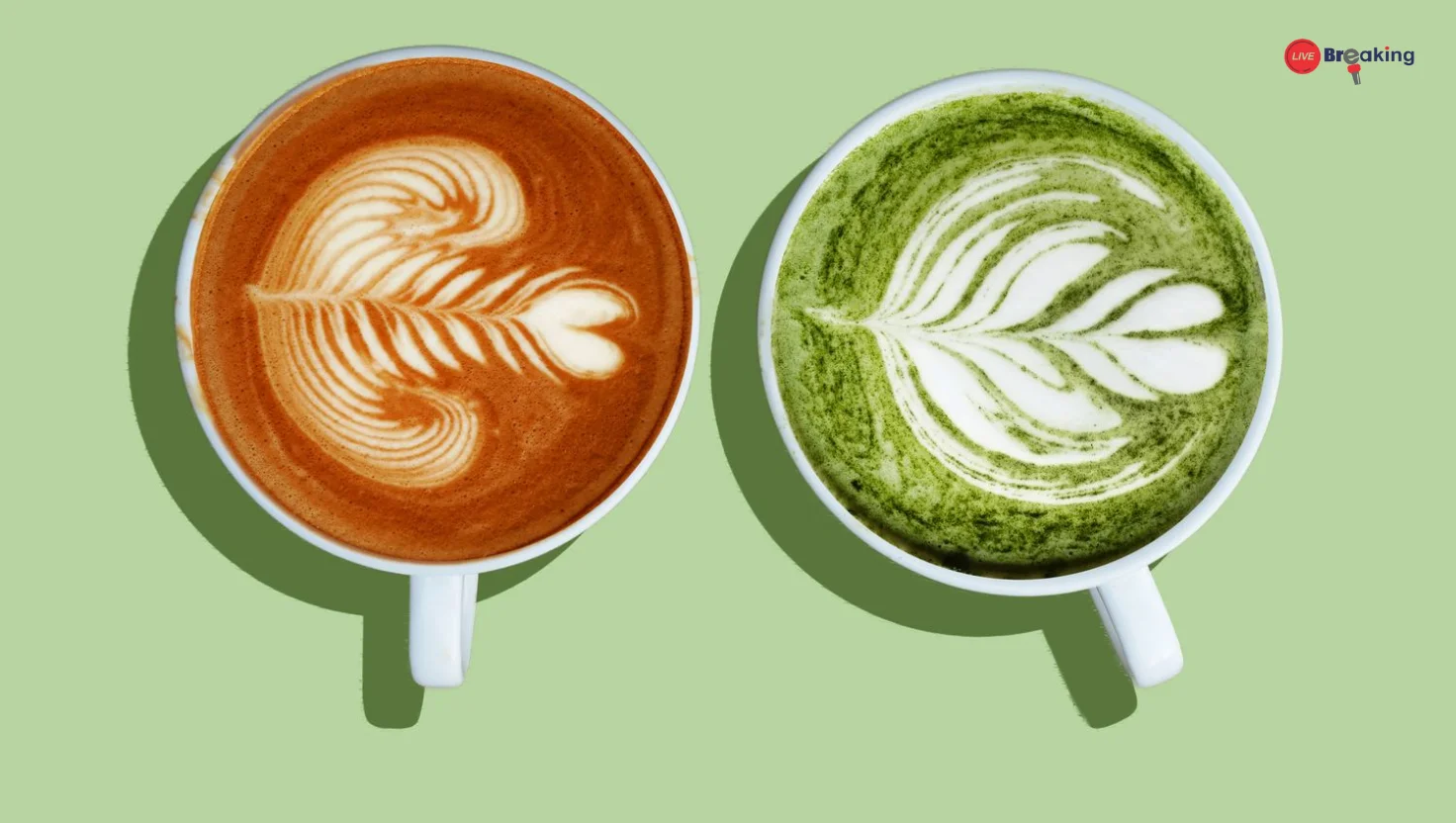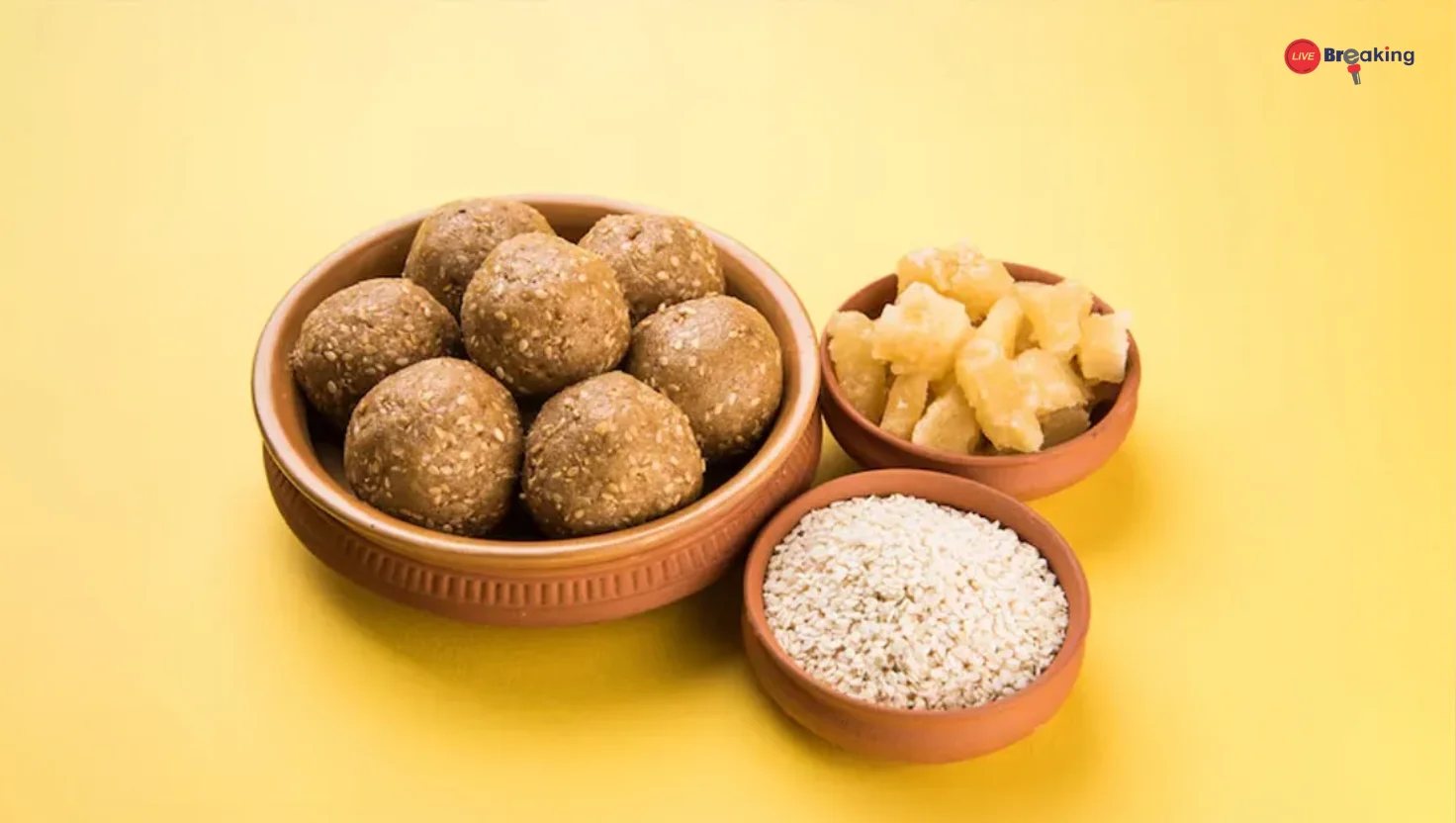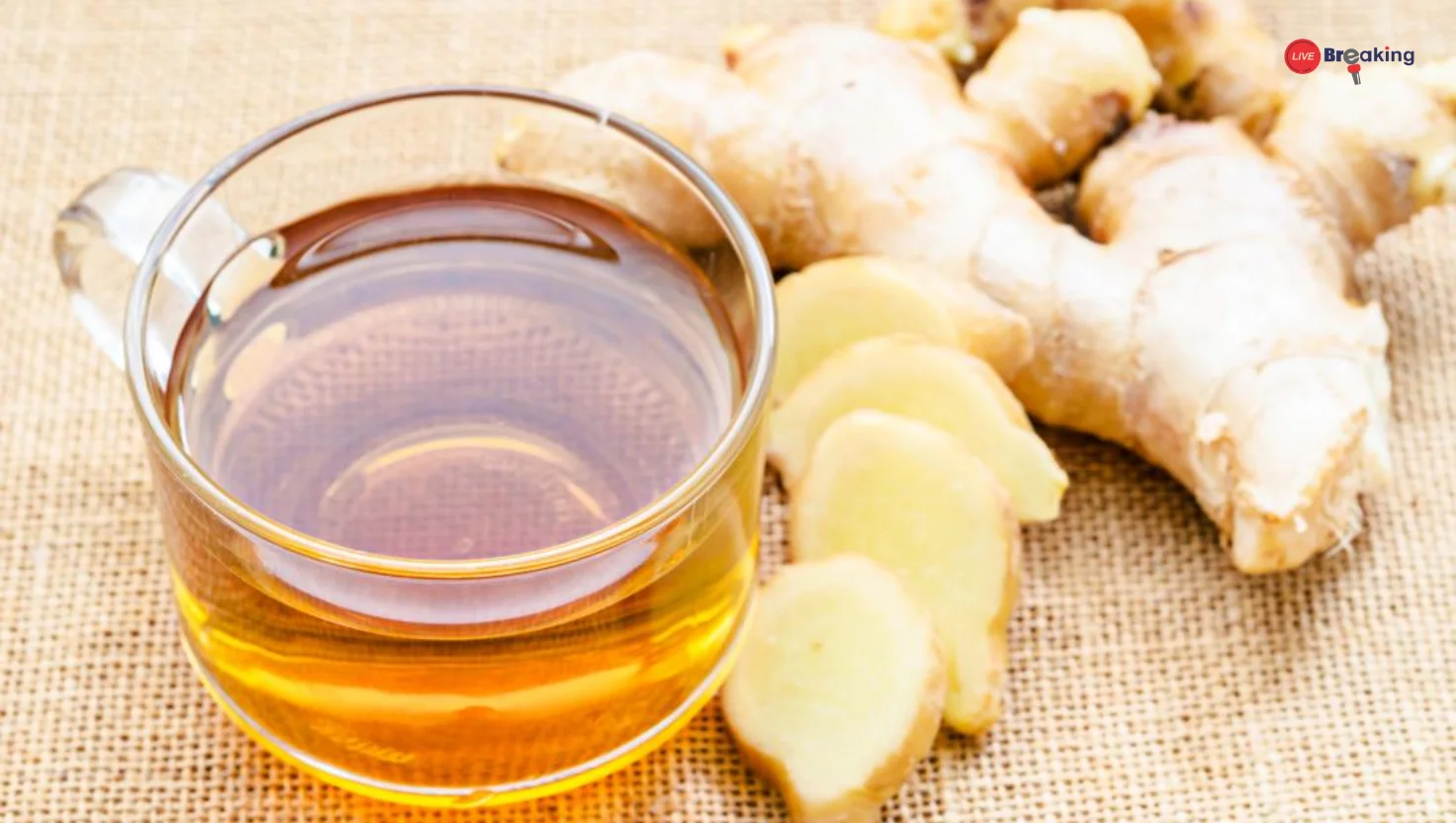Matcha vs Coffee: The Healthier Daily Pick, Explained by a Nutritionist
When it comes to choosing your daily dose of caffeine, the decision often boils down to two popular contenders — coffee and matcha. While both beverages are beloved for their energizing properties, they offer unique health benefits that cater to different lifestyles and wellness goals. To help you decide which one deserves a regular spot in your routine, we asked a nutritionist to break it down.
Caffeine Content: The Energy Factor
Coffee is known for its high caffeine content — a standard 8-ounce cup contains about 95 mg of caffeine, delivering a quick jolt of energy. Matcha, on the other hand, offers a gentler boost, with around 35 mg per half-teaspoon, but it also contains L-theanine, an amino acid that promotes calm and focus. This means matcha provides a more sustained, jitter-free energy compared to the sharp spike (and crash) often associated with coffee.
Nutritionist’s Take:
“If you’re sensitive to caffeine or prone to anxiety, matcha is the better choice. It enhances alertness without overstimulating the nervous system,” says the expert.
Antioxidants and Health Benefits
Both beverages are packed with antioxidants — compounds that help fight inflammation and support overall health. Matcha contains epigallocatechin gallate (EGCG), a powerful antioxidant linked to heart health, weight loss, and cancer prevention. Coffee, rich in chlorogenic acid, may help with metabolism and reduce the risk of certain chronic diseases like Type 2 diabetes.
Nutritionist’s Take:
“Matcha has a slight edge when it comes to antioxidant levels. Since you’re consuming the whole tea leaf in powder form, you’re getting a more concentrated source of nutrients.”
Impact on Digestion and Metabolism
Coffee stimulates stomach acid, which can sometimes lead to digestive discomfort or acid reflux, especially when consumed on an empty stomach. Matcha, being more alkaline and gentle on the stomach, is often better tolerated by individuals with sensitivity to acidic foods.
Nutritionist’s Take:
“For those with digestive issues or who are prone to bloating, matcha can be a more stomach-friendly alternative to coffee.”
Weight Management & Mental Clarity
Both coffee and matcha can support weight management efforts. Coffee slightly increases metabolic rate and fat burning, while matcha not only supports fat oxidation but also enhances mental clarity through its unique combination of caffeine and L-theanine.
Read more: Weight Lose Without Leaving Your Desk: Hydration, Movement & More
Nutritionist’s Take:
“Matcha is great if you’re looking for focused energy for work or meditation. Coffee is ideal if you need a strong mental jolt — say, before a workout.”
The Verdict: Which One Should You Sip Daily?
Ultimately, the “better” option depends on your individual needs and how your body responds to caffeine. If you thrive on a quick energy boost and enjoy the rich aroma of a strong brew, coffee may be your go-to. If you’re aiming for balanced energy, better antioxidant intake, and gentler digestion, matcha might be the smarter sip.
Nutritionist’s Advice:
“There’s no one-size-fits-all answer. Pay attention to how each drink makes you feel — and consider alternating between the two based on your day’s demands.”
Whichever you choose, avoid excess sugar or creamers that can negate the health benefits. Opt for unsweetened, plant-based add-ins and consider organic options for a cleaner cup.















